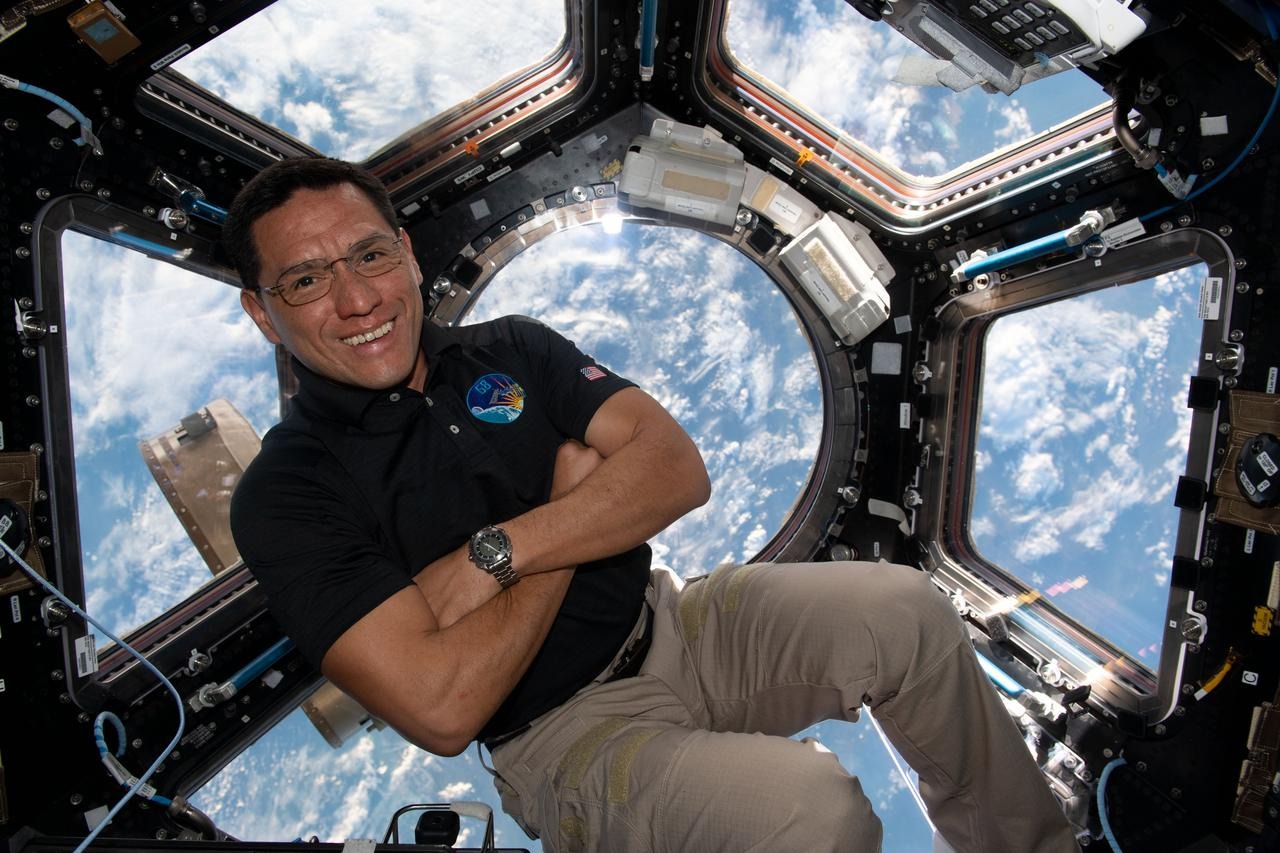Last September, NASA astronaut Frank Rubio began his incredible journey into space, becoming the first American of Salvadoran descent to go into orbit. And now, 355 days later, Rubio has set another record – the longest stay in space among NASA astronauts. Rubio set a record on September 11, breaking 355 days, 3 hours and 45 minutes. This is an impressive achievement, because the previous record belonged to NASA astronaut Mark Wanda Hay.

Rubio, who is on his first space mission, is scheduled to return to Earth in a few weeks, which will increase his time in space to 371 days. NASA posted a message on X, formerly Twitter, about his spaceflight record.
Rubio launched aboard the Soyuz spacecraft last September to begin his mission. But then there was no talk of a record stay in orbit. Like most long–term missions of professional astronauts, he was supposed to spend six months on board the ISS together with his two companions – Russian cosmonauts Sergei Prokopyev and Dmitry Petelin. But the pierced body of the Soyuz spacecraft in December changed the mission plan.
Roscosmos engineers decided that Soyuz was dangerous for the trio to return home, so at the end of February they decided to send a new Soyuz spacecraft to rescue them. This replacement forced an extension of the astronauts’ stay schedule for another six months.
Astronaut Frank Rubio has just set a new U.S. spaceflight record, eclipsing the previous record of 355 consecutive days aboard the @Space_Station. This is now the single longest mission for any of our @NASA_Astronauts.
He is set to return to Earth on Sept. 27, when he will… pic.twitter.com/HfWslYlvkW
— NASA (@NASA) September 11, 2023
In a message posted on Twitter, NASA CEO Bill Nelson said: “Frank Rubio’s journey into space embodies the essence of research. He breaks records as the longest-serving American NASA astronaut in space, he also paves the way for future generations of astronauts.”
Nelson also added, “Your dedication really transcends this world, Frank!”
Although Rubio set the record for the longest continuous space flight by a NASA astronaut, the record for the longest stay in space remains with Soviet cosmonaut Valery Polyakov, who lived aboard the Mir space station for 437 days and 18 hours in the mid-1990s.
Earlier we reported how during the Artemis I mission, the Orion spacecraft broke the Apollo 13 record.
Follow us on Twitter to get the most interesting space news in time
https://twitter.com/ust_magazine
